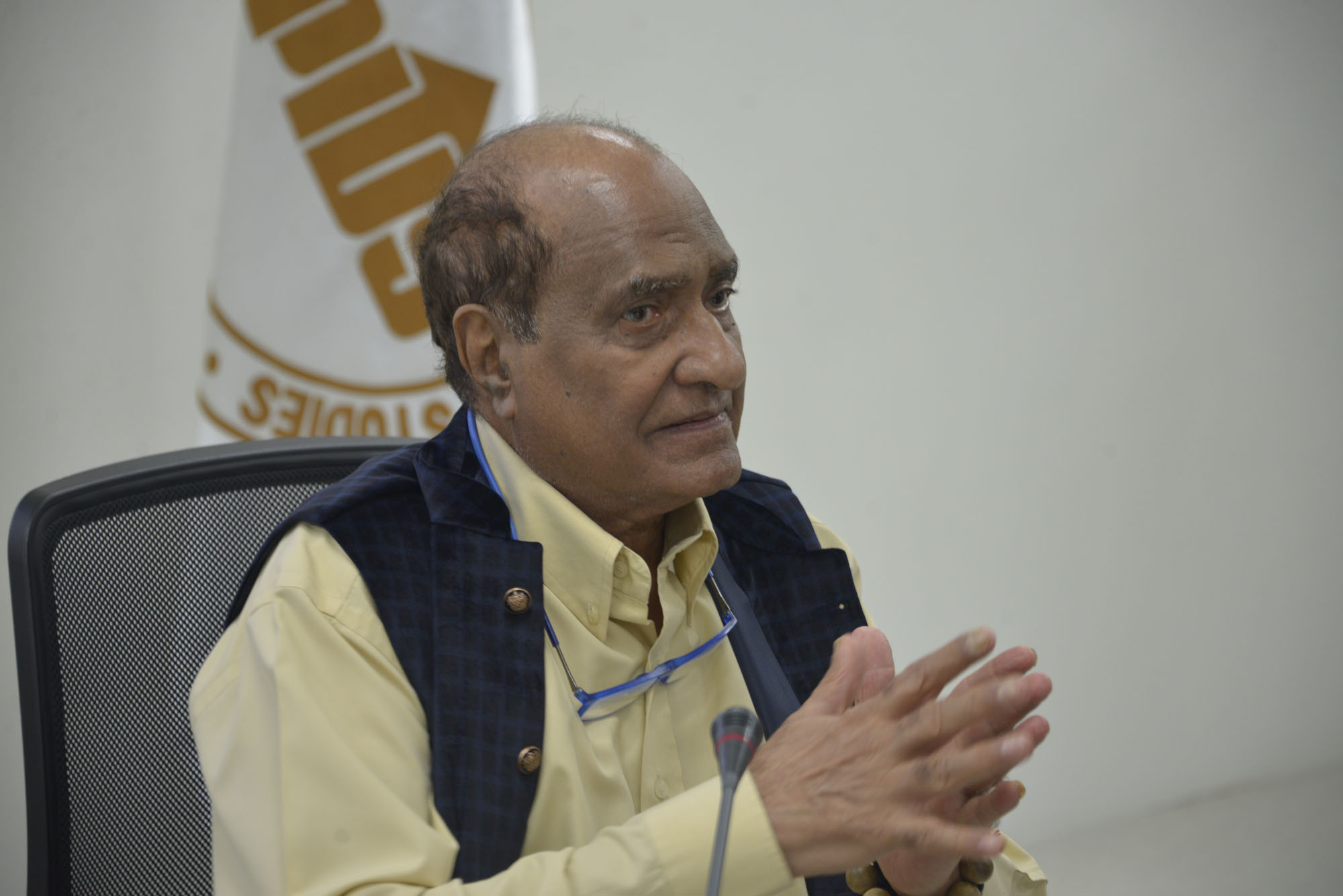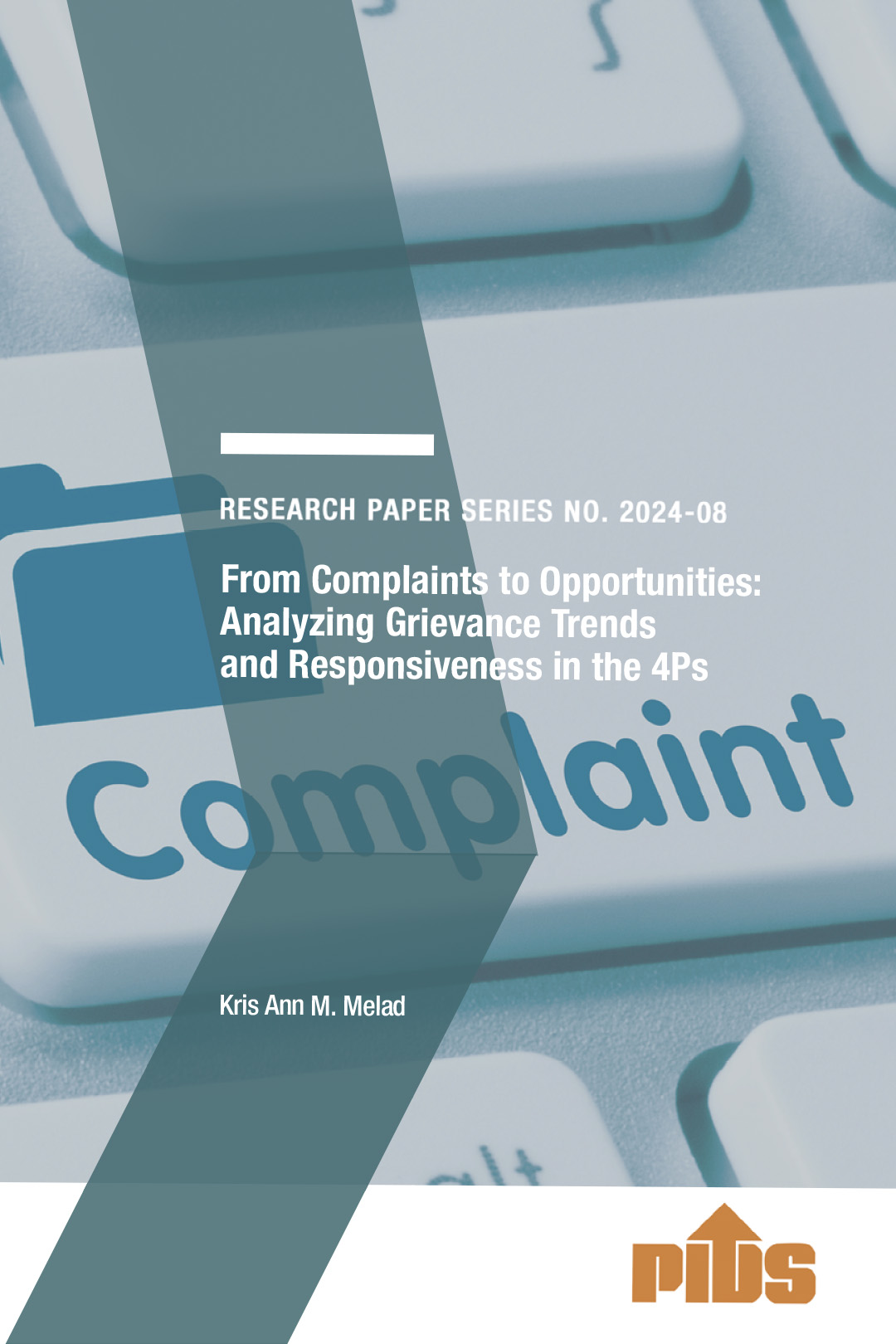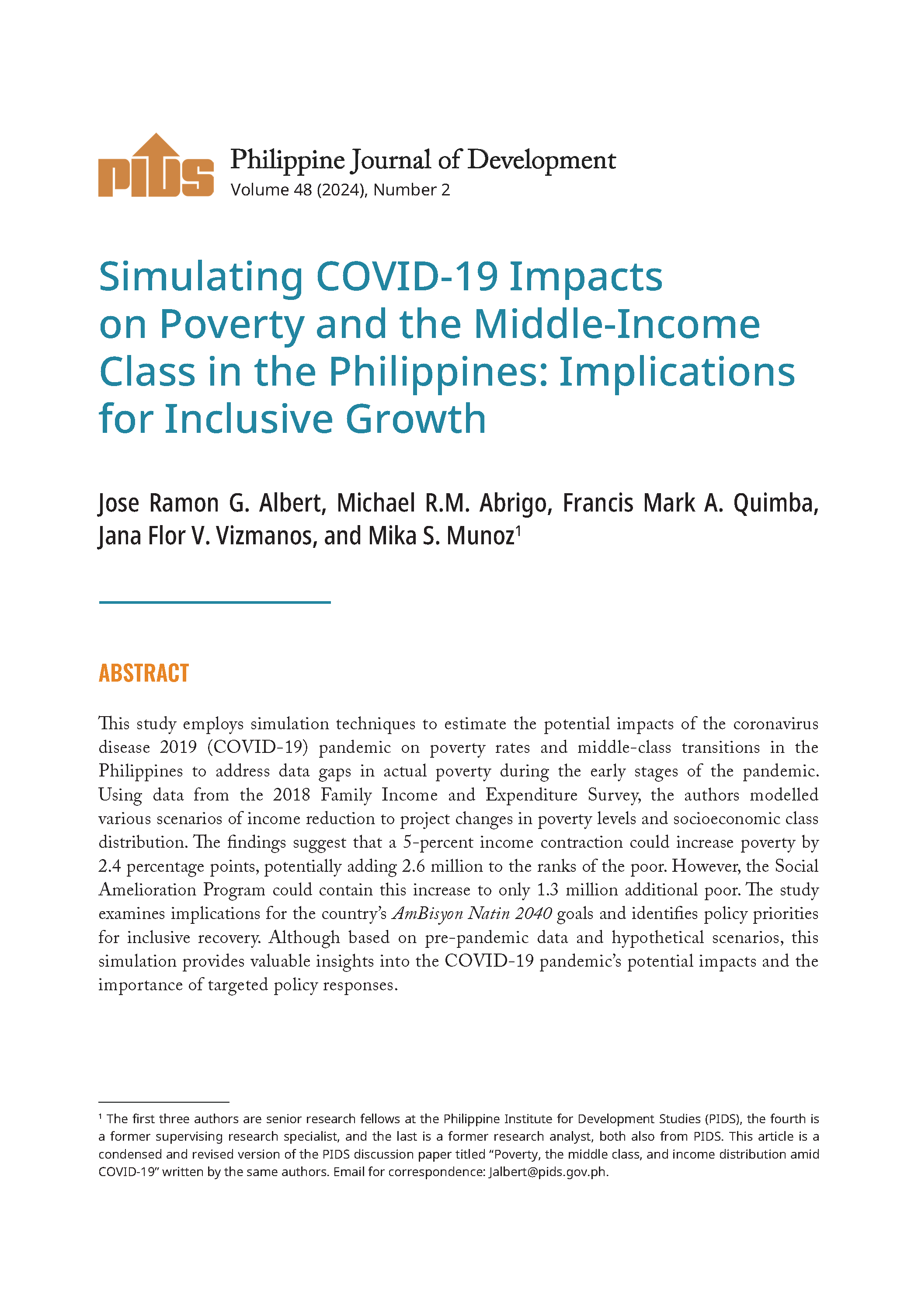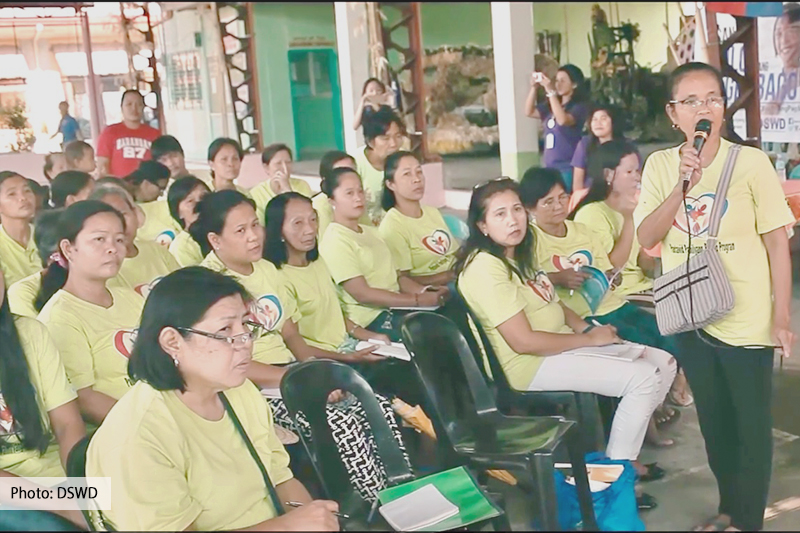
The government should consider slowing down the implementation of the Pantawid Pamilyang Pilipino Program (4Ps) to make sure only the poor benefit from it.
This was according to Nanak Kakwani, poverty expert from the University of New South Wales, during a seminar at the Philippine Institute for Development Studies (PIDS) recently.
Kakwani explained the slowdown may provide the government the needed breather to fine-tune the program’s targeting mechanism, among others, plugging the leaks in the process.
“You have to slowdown the program because you are still learning,” he added, citing the country’s “rather fast” attempt to replicate Bolsa Familia, Brazil’s social welfare program.
This was not the first time someone advised the government to adopt a go-slow approach on 4Ps.
In a 2015 study, PIDS President Celia Reyes also urged the government to deepen rather than expand the coverage of 4Ps, after learning it was suffering from a 29-percent leakage rate.
This means roughly 3 in every 10 of its beneficiaries are not poor and do not even deserve to be part of the program.
In a report, the Commission on Audit (COA) also prodded the government to suspend the expansion of its flagship poverty alleviation program until the leakages are plugged.
Despite these recommendations, 4Ps still saw rapid expansion under the Aquino administration in its attempt to boost the “mass registration” of the program, according to COA.
A World Bank report also revealed even the Duterte administration continued expanding the program to benefit about 20 percent of the population.
Aside from the leakage issues, Kakwani also urged the government to revisit the program’s implementation cost, claiming it is higher in 4Ps than in Bolsa Familia.
In her study, Reyes also noted the “significant share” of 4Ps’ administration cost, amounting to as much as PHP 4 billion in 2011.
Such amount can already support 266,667 families with three eligible children for one year, according to the PIDS official. ###
This was according to Nanak Kakwani, poverty expert from the University of New South Wales, during a seminar at the Philippine Institute for Development Studies (PIDS) recently.
Kakwani explained the slowdown may provide the government the needed breather to fine-tune the program’s targeting mechanism, among others, plugging the leaks in the process.
“You have to slowdown the program because you are still learning,” he added, citing the country’s “rather fast” attempt to replicate Bolsa Familia, Brazil’s social welfare program.
This was not the first time someone advised the government to adopt a go-slow approach on 4Ps.
In a 2015 study, PIDS President Celia Reyes also urged the government to deepen rather than expand the coverage of 4Ps, after learning it was suffering from a 29-percent leakage rate.
This means roughly 3 in every 10 of its beneficiaries are not poor and do not even deserve to be part of the program.
In a report, the Commission on Audit (COA) also prodded the government to suspend the expansion of its flagship poverty alleviation program until the leakages are plugged.
Despite these recommendations, 4Ps still saw rapid expansion under the Aquino administration in its attempt to boost the “mass registration” of the program, according to COA.
A World Bank report also revealed even the Duterte administration continued expanding the program to benefit about 20 percent of the population.
Aside from the leakage issues, Kakwani also urged the government to revisit the program’s implementation cost, claiming it is higher in 4Ps than in Bolsa Familia.
In her study, Reyes also noted the “significant share” of 4Ps’ administration cost, amounting to as much as PHP 4 billion in 2011.
Such amount can already support 266,667 families with three eligible children for one year, according to the PIDS official. ###









